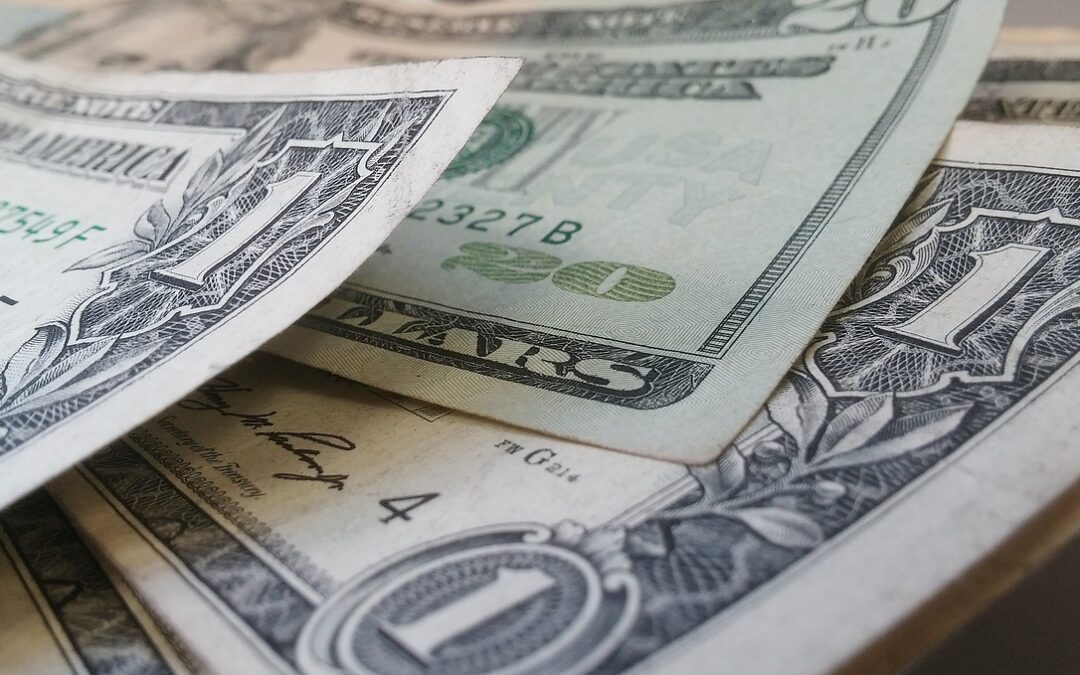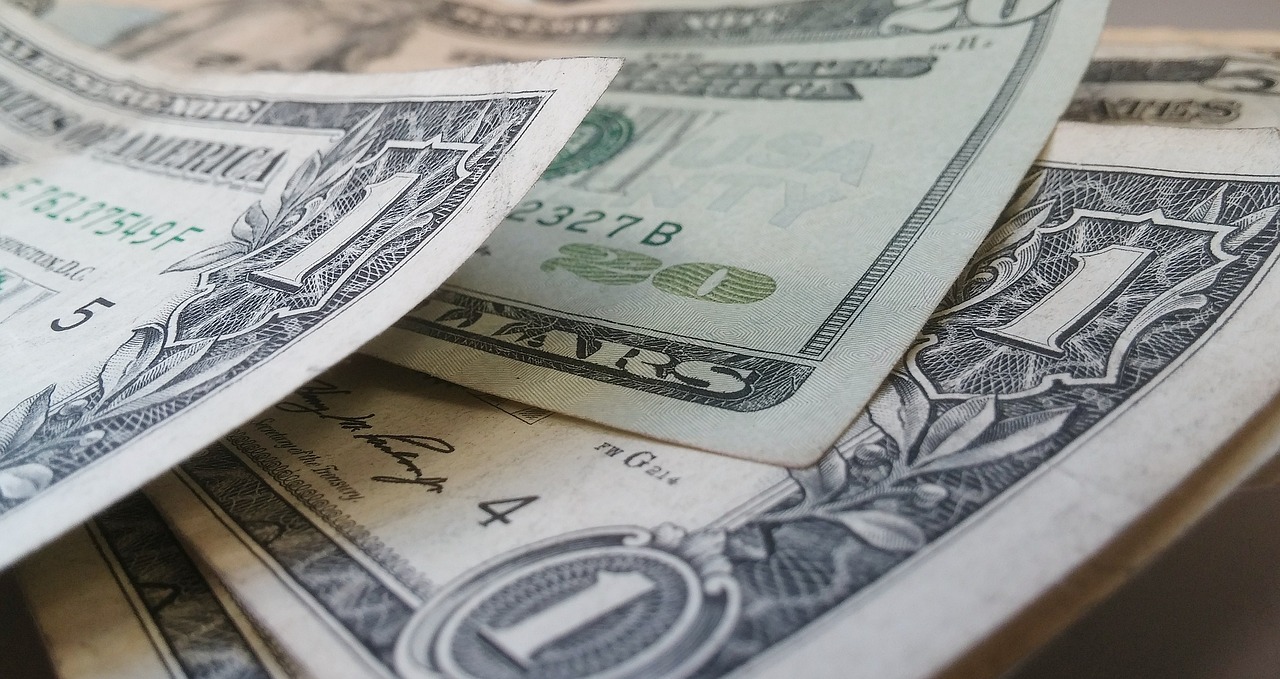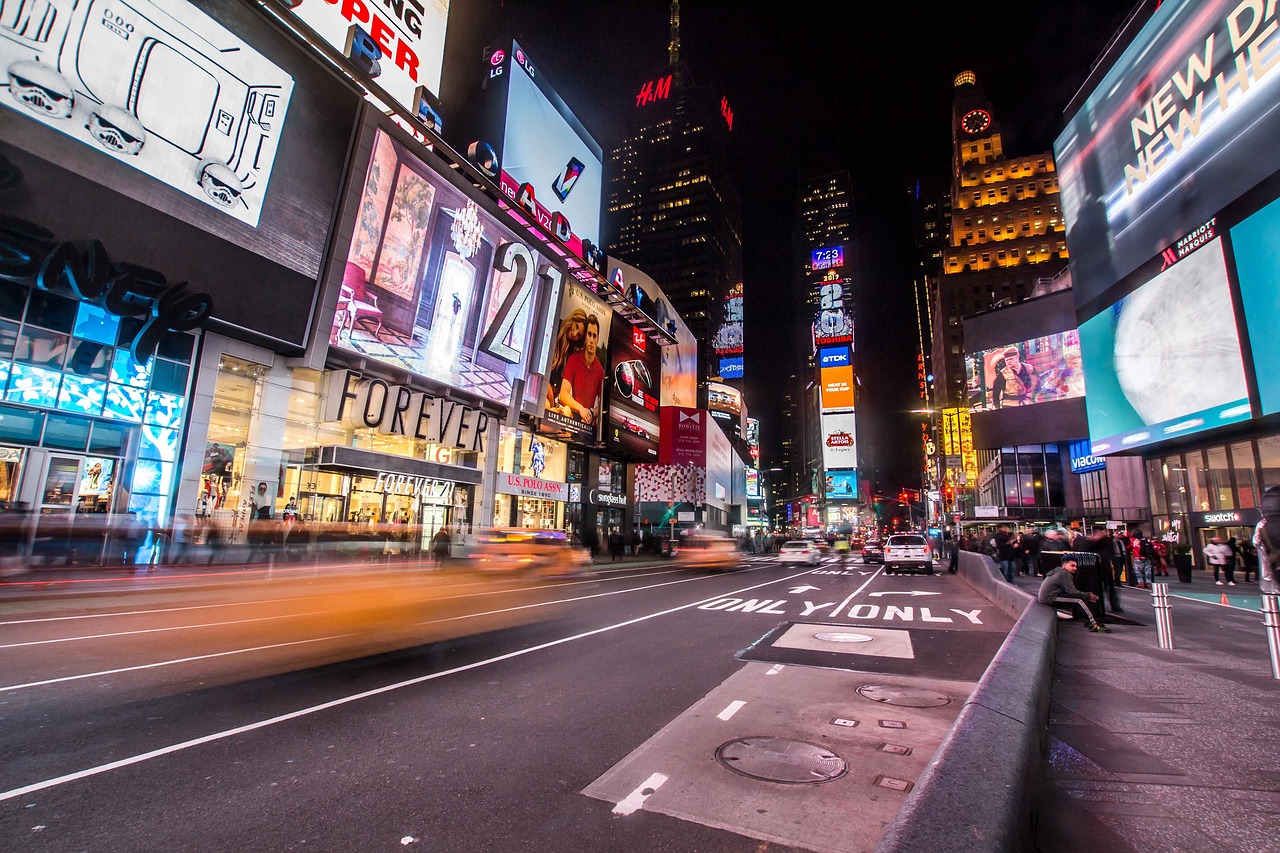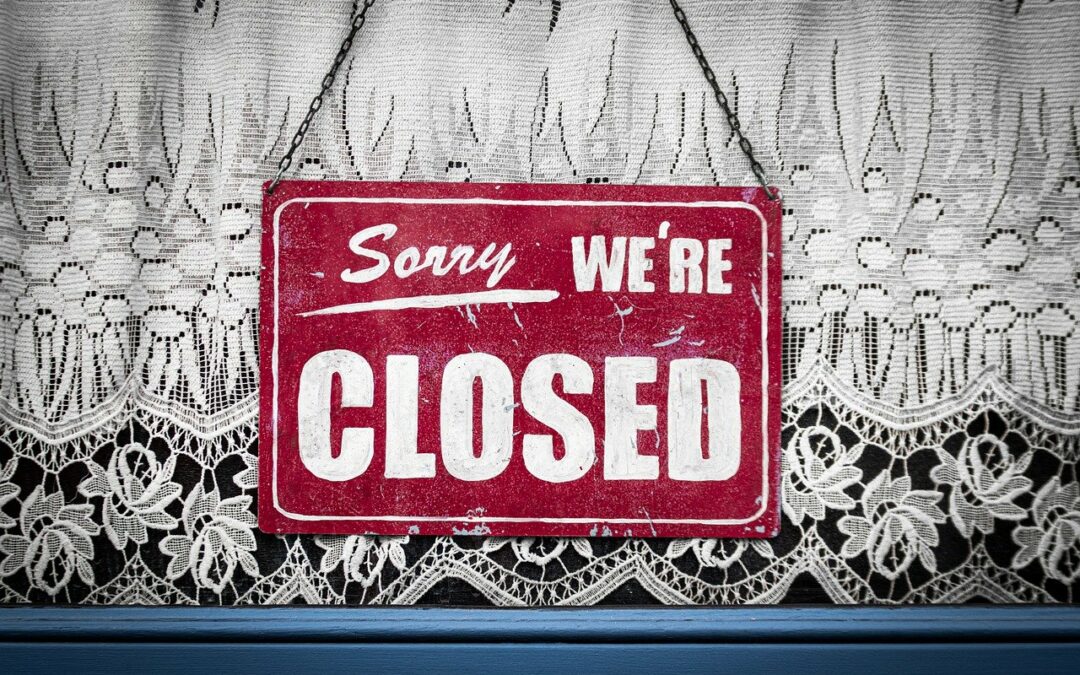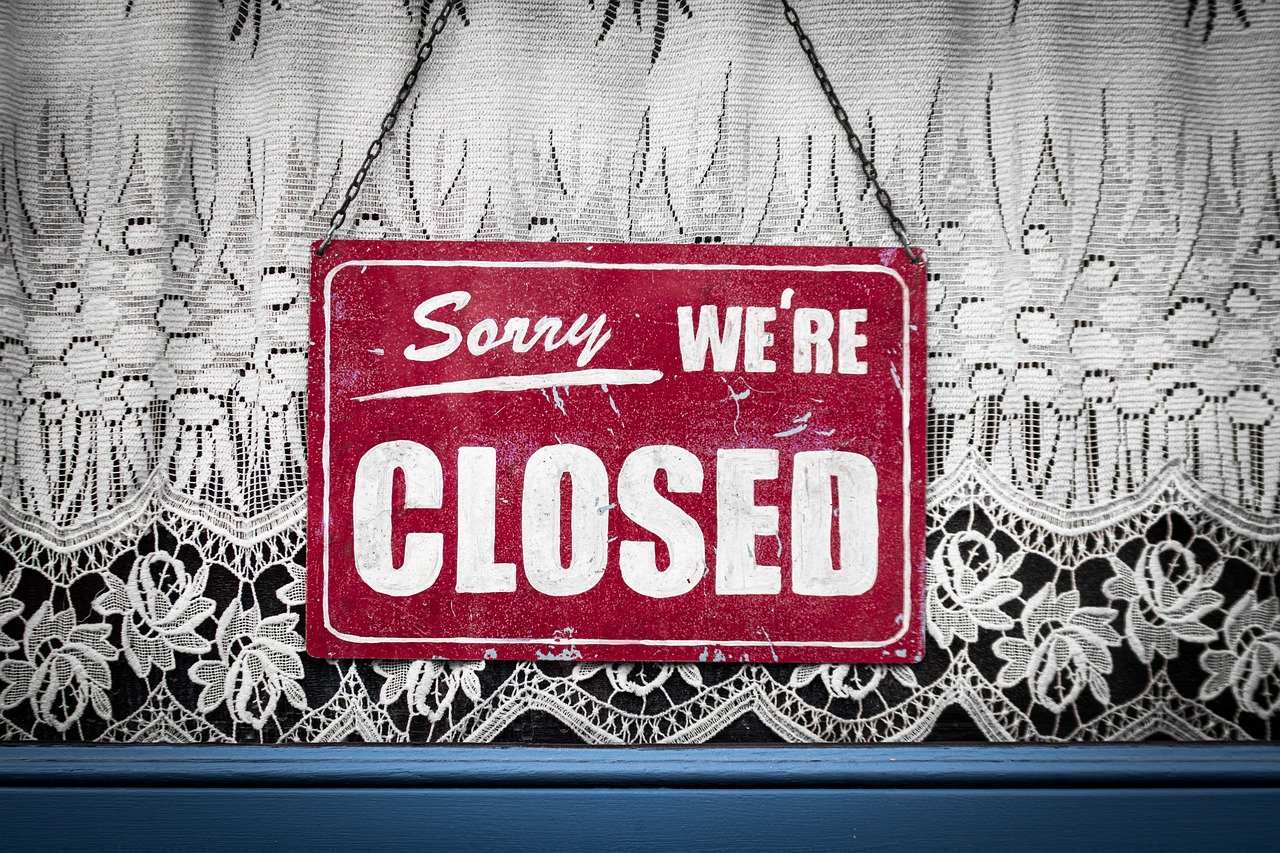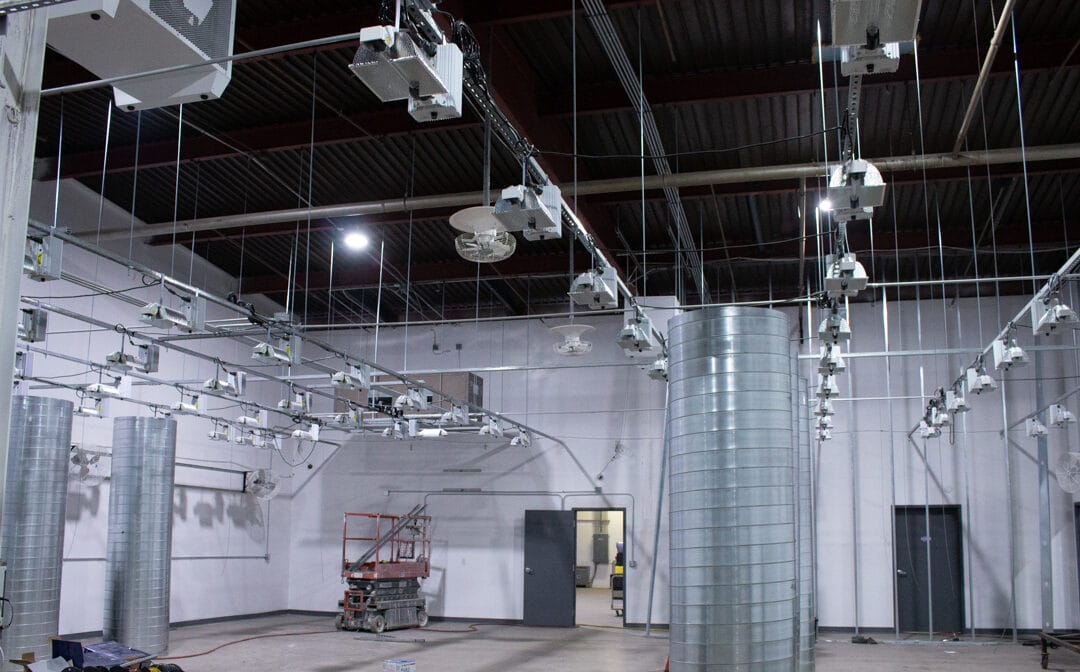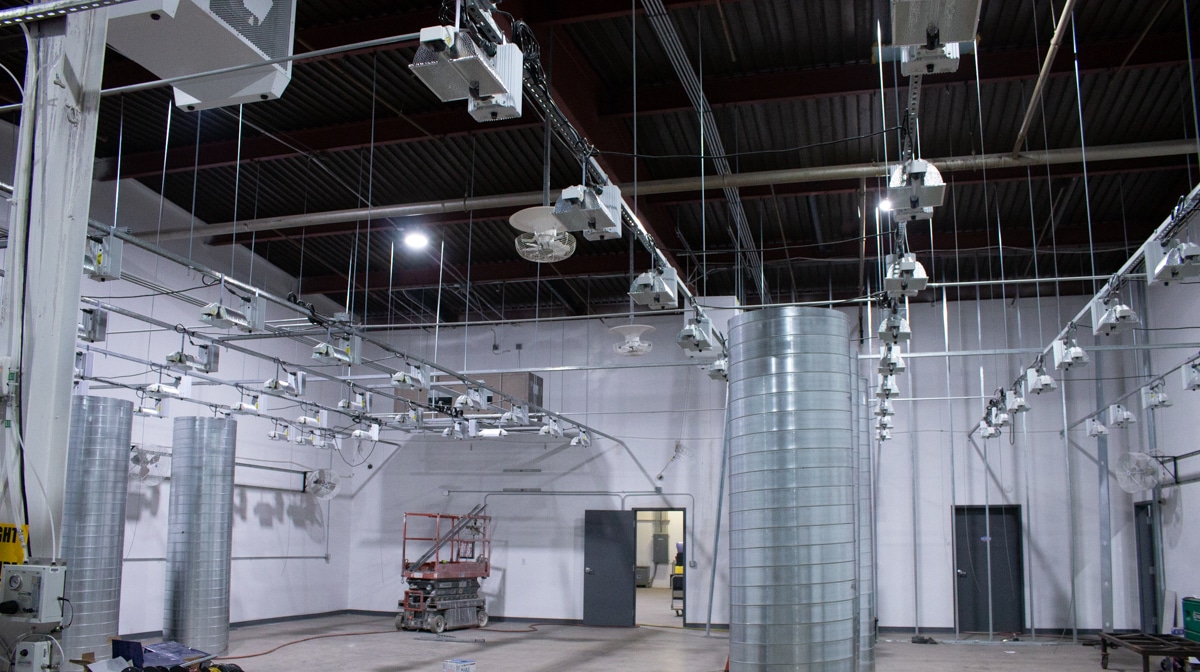
New Jersey legal cannabis delays have cannabis growers worried

Like many of New Jersey’s residents who voted to legalize weed for adult consumers, the state’s largest growers say they’ve been eager for the market to open.
In fact, they say they’re bursting at the seams with marijuana — and now, they’re worried they’ll have to take drastic measures if things don’t speed up.
“I hate to say this, but we may have to start destroying product, and we may have to start potentially letting people go because part of the anticipation is you ramp up your staffing, as well,” said James Leventis, an executive for Verano New Jersey, which has a cultivation and processing facility in Readington Township and three stores in Elizabeth, Lawrence Township and Neptune.
“You’re hired for a job with the idea that this market will develop,” said Leventis, the company’s vice president of Compliance & Government Affairs. “I’m very concerned we will continue to see these delays. It’s looking very stark right now.”
Just like any other organic material, cannabis starts to decompose after time. Even after it’s properly stored, after six months weed can get stale, loose its aroma and potency. In worst-case scenarios, the pot can get moldy.
For months, Verano along with fellow New Jersey Cannabis Trade Association members have been pressuring the state to allow them to sell to the public. The strategy has increased over the last month.
So what’s the hold up?
In no uncertain terms, the state agency created to govern the nascent cannabis industry — the Cannabis Regulatory Commission — has said these same companies demanding to open have yet to comply with stipulations in the marijuana law.
“The law has been in place since Feb. 22, 2021,” said Jeff Brown, the CRC’s executive director at last week’s public meeting. “It has noted clearly that alternative treatment centers [like Verano] need three things: municipal approval, relevant necessary supply to be able to serve their patient base, and operational capacity to continue to serve and even expand access.”

